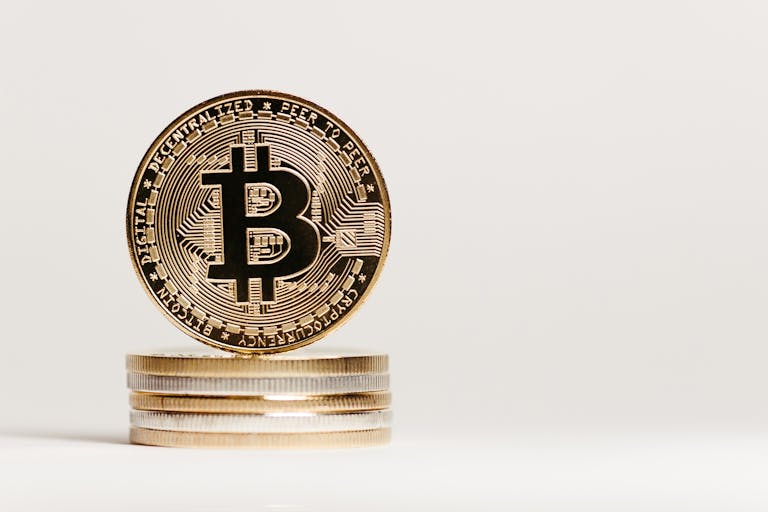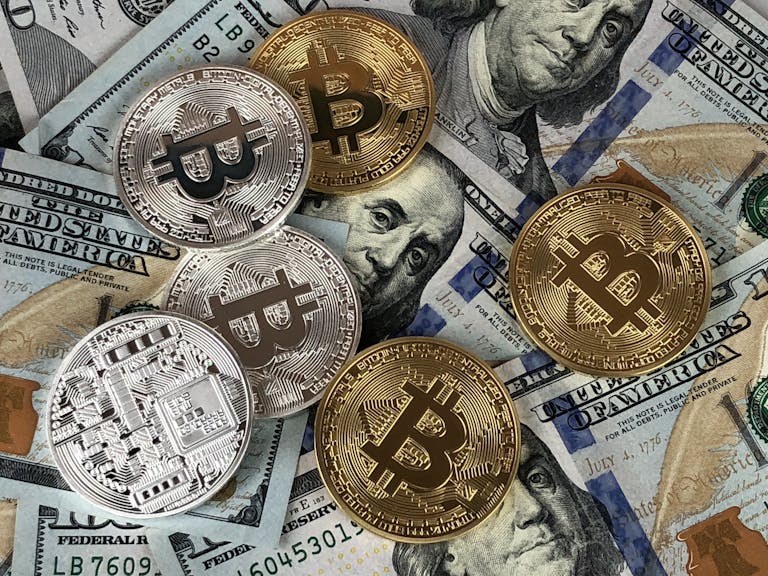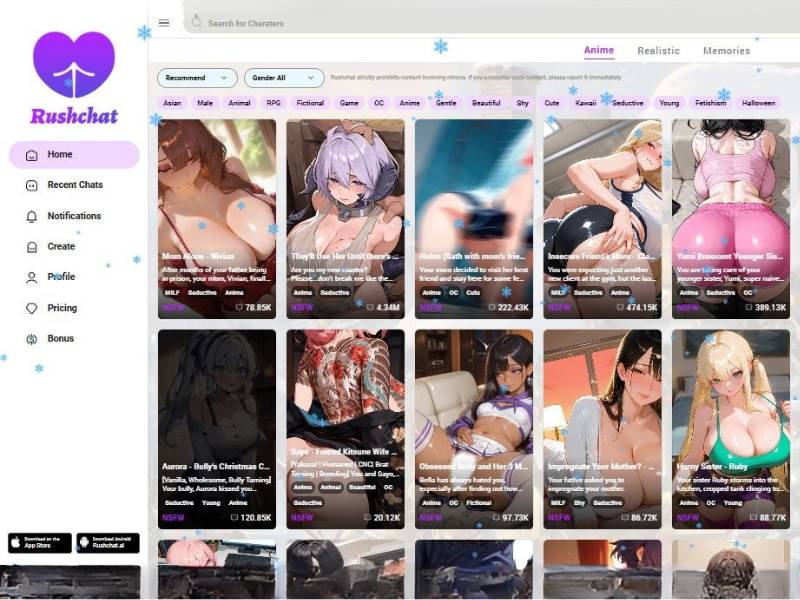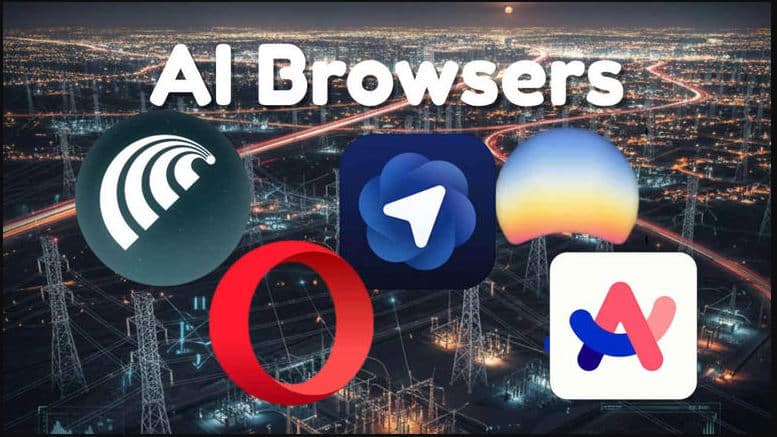Crypto gaming platforms have emerged as a revolutionary intersection of blockchain technology and the gaming industry, allowing players to own, trade, and monetize in-game assets using cryptocurrencies. These platforms leverage decentralized systems to provide transparency, security, and unique ownership experiences through non-fungible tokens (NFTs) and tokenized economies. Below is a curated list of notable crypto gaming platforms, highlighting their features, mechanics, and appeal to different types of gamers.
1. Axie Infinity
Axie Infinity is a play-to-earn (P2E) blockchain game built on the Ronin sidechain (anchored to Ethereum). Players collect, breed, and battle Axies, which are NFT creatures. The game’s economy revolves around its native token, AXS, and the Smoothie token (SLP), allowing users to earn real-world value. Its popularity stems from its accessible gameplay and ability to generate income for players in developing regions.
2. Decentraland
Decentraland is a virtual reality platform where users can buy, sell, and build on virtual land using NFTs. It operates on the Ethereum blockchain, with the MANA token enabling transactions. Gamers can create interactive experiences, attend events, or monetize virtual properties. Its open-world design fosters creativity and community-driven content.
3. Illuvium
Illuvium is a decentralized, open-world role-playing game (RPG) developed on the Ethereum blockchain. Players explore a vast world, battle creatures called Illuvials, and collect NFTs. The game emphasizes high-quality graphics and a unique token economy, with its native token (ILV) used for governance and in-game purchases.
4. The Sandbox
The Sandbox is a user-generated content platform where players can create, share, and monetize gaming experiences. Built on Ethereum, it uses SAND as its native token. Users can design virtual worlds, customize avatars, and monetize their creations through NFTs. Its focus on creativity and community makes it a hub for both developers and gamers.
5. Enjin
Enjin is a blockchain gaming platform that allows developers to create and manage NFTs using the Enjin Network. It supports multiple blockchains, including Ethereum and BNB Chain. Gamers can trade in-game items as NFTs, and the platform provides tools to integrate blockchain into traditional games. Its flexibility appeals to indie developers and modders.
6. Splinterlands
Splinterlands is a blockchain-based digital card game where players collect and battle with NFT cards. It runs on the Hive blockchain, offering fast and low-cost transactions. The game rewards players with cryptocurrency for winning matches, making it a popular choice for strategy enthusiasts seeking tangible rewards.
7. Gods Unchained
Gods Unchained is a collectible card game built on the Ethereum blockchain. Players own their cards as NFTs, which can be traded on open markets. The game features real-time multiplayer battles and a focus on player-owned assets, appealing to both casual and competitive gamers.
8. Aavegotchi
Aavegotchi is a blockchain-based game combining NFTs and DeFi (Decentralized Finance). Players collect virtual ghosts (Aavegotchis) that interact with the Aave protocol, earning rewards through staking. It merges gaming with financial ecosystems, offering a unique blend of play and investment.
9. Thetan Arena
Thetan Arena is a mobile P2E game developed on the BNB Chain. Players engage in fast-paced battles using NFT fighters, with rewards in THETA tokens. Its mobile-first approach and low entry barriers have made it popular among a broad audience.
10. Axie Infinity (continued)
While already mentioned, Axie Infinity’s emphasis on its NFT ecosystem and community-driven governance is worth highlighting again. It also introduced smaller Axies (Axie Baby) to lower the barrier for new players.
11. Alien Worlds
Alien Worlds is a blockchain-based metaverse where players mine resources and battle for control of planets. It uses the WAX blockchain and the TLM token. The game integrates DeFi mechanics, allowing players to stake tokens and earn rewards through participation.
12. Battle Infinity (BATT)
Battle Infinity is a P2E gaming platform for mobile and PC. It offers a variety of games, including RPGs and battle arenas, with rewards in BATT tokens. The platform emphasizes accessibility and a diverse game library.
13. Gala Games
Gala Games is a decentralized gaming platform using its own blockchain (GalaChain) and native token (GALA). It focuses on P2E games like "Storms of The Realm" and "Mythical Beasts," with a strong emphasis on community ownership and governance.
14. NFT Racing Games (e.g., F1 Delta Time, Zed Run)
These platforms allow players to race or breed NFT horses. F1 Delta Time uses Ethereum, while Zed Run runs on the Flow blockchain. They combine elements of speed racing with collectible NFTs, appealing to enthusiasts of both gaming and digital asset ownership.
15. Binance Smart Chain (BSC)-Based Games
Platforms like Bajoo (fishing game) and Zap Games operate on BSC, leveraging lower transaction fees and faster speeds. These games often feature P2E mechanics and NFT collectibles, catering to players who prefer cost-effective blockchain solutions.
Key Features Across Platforms:
- NFT Ownership: Assets are owned via blockchain, enabling trading and potential value appreciation.
- Play-to-Earn Models: Players earn cryptocurrency rewards through gameplay, staking, or trading.
- Decentralized Governance: Some platforms let users vote on game updates or policies using tokens.
- Cross-Platform Integration: Many games allow assets to be used across different platforms or games.
Pros and Cons:
- Pros: Ownership of digital assets, potential for income, transparency, and community-driven development.
- Cons: High volatility of tokens, learning curves for blockchain integration, and risks of scams or rug pulls in some projects.
Conclusion
Crypto gaming platforms are reshaping how players interact with virtual worlds, blending entertainment with financial opportunities. As technology evolves, these platforms are likely to become more integrated with traditional gaming, offering innovative ways to play, earn, and own. Gamers should research thoroughly, considering factors like blockchain scalability, community activity, and long-term viability before diving into any platform. The future of gaming is increasingly decentralized, and these platforms are at the forefront of that movement, inviting players to explore new horizons where pixels and profits collide.







